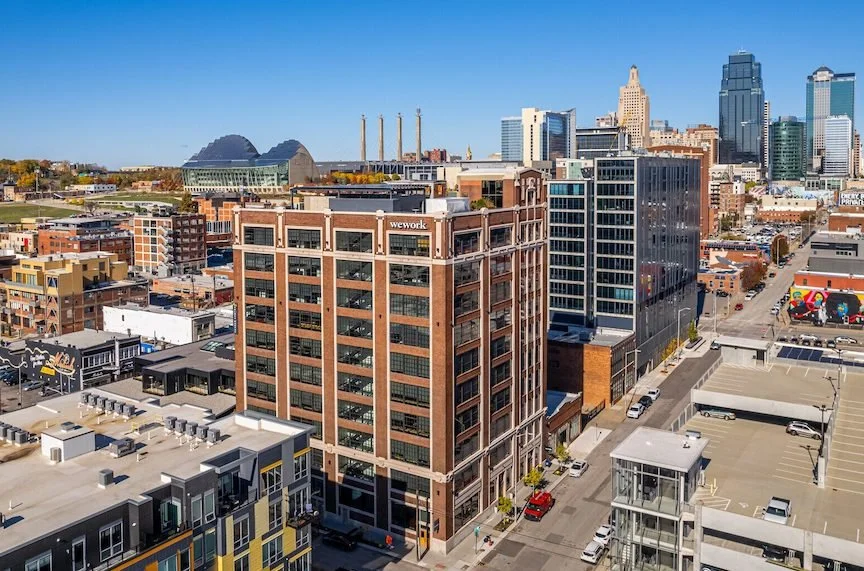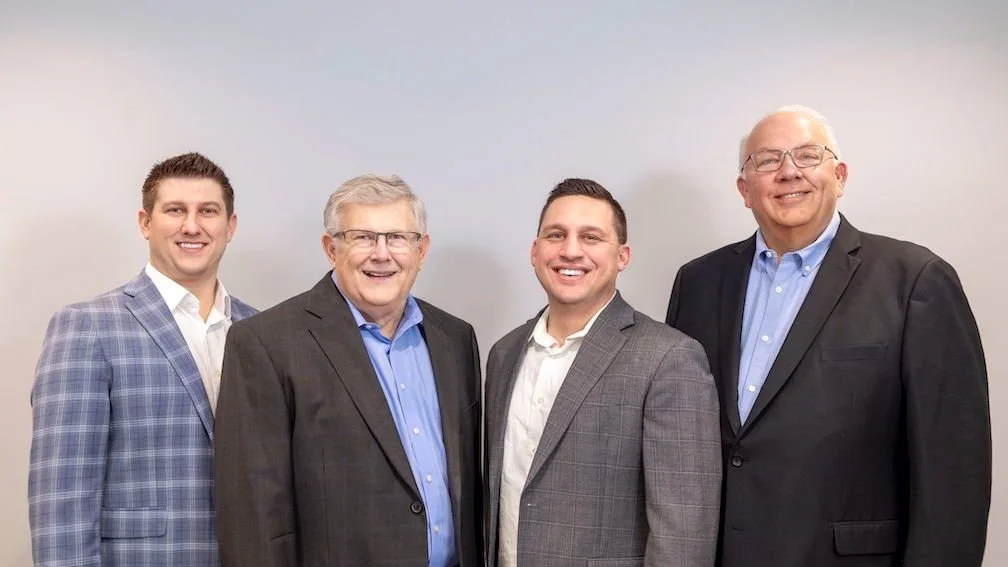Rosin Preservation will close out 2018 with a string of high-profile projects despite uncertainty surrounding Missouri’s historic tax credit program. In October alone, four of the firm’s Downtown Kansas City historic preservation projects will open, beginning with Foutch Brothers LLC’s $39 million redevelopment of Kemper Arena into HyVee Arena, a youth and amateur sports hub.
With $1.6 billion in completed projects over the past 20 years, CEO Elizabeth Rosin said that securing a historic designation for the 1970’s-era venue was among the most challenging projects the firm has undertaken. Although construction took about a year, it took over three years to secure the arena's place on the National Registry of Historic Places.
“The building is less than 50 years old, so we had to figure out why it was historically significant other than its architecture and engineering,” Rosin said. “We ended up talking about its importance as a cultural and social icon for Kansas City because of the wide range of events held there for an entire generation. Everybody has a memory of Kemper Arena, whether it’s Big 12 Basketball, the American Royal, a concert, circus, convention or some other sporting event.”
The redevelopment of the iconic and beloved Savoy Hotel into the 21c Museum Hotel, replete with curated gallery spaced and art installations, was equally challenging. Rosin said the Savoy, which reopened in July, was in much rougher shape than most people realized.
“There are always surprises when you get into a building, and this one-- because of its age-- had a few more surprises so there were plenty of questions to deal with on the fly,” Rosin said. “A big part of our job was making sure that the elements that contributed to the Savoy’s sense of history and the character of the building were preserved.”
The hotel was constructed in five stages between the 1880’s and 1917, which meant it had several types of molding and doors that needed attention and preservation.
“The challenge was helping people understand what all those elements were and what needed to be protected and why-- and then figuring out how to meld that into the building,” Rosin said.
Additional Rosin Preservation projects completed this month include the renovation of the former Brookfield Building into Hotel Indigo, the former Pabst and Pendergast Buildings redeveloped into the Crossroads Hotel, and the old Jensen Salsbery Lab transformed into the new headquarters of Centric Projects and Superior Bowen.
This fall, the old Downtown Lee’s Summit Post Office reopened as the Bridge Space co-working facility, and Rosin also is working on renovating and restoring the Longview Mansion and barns.
The good news for Rosin and those in the business of preserving historic buildings is that although lawmakers have scaled back funding for Missouri’s historic tax credit program from $140 million to $120 million a year, it remains intact for now. However, it’s unclear how new guidelines will affect the program.
“The bill also included a requirement that DED (Missouri Department of Economic Development) evaluate the ‘net fiscal benefit of applications,’ and we are still waiting to find out what that means,” Rosin said.
Rosin Preservation has completed over $1.6 billion in historic tax credit construction nationwide. Additional noteworthy projects include the Oklahoma State Capitol and the Empire State Building in New York City.
Photo Credit: Brad Finch, f-stop Photography





